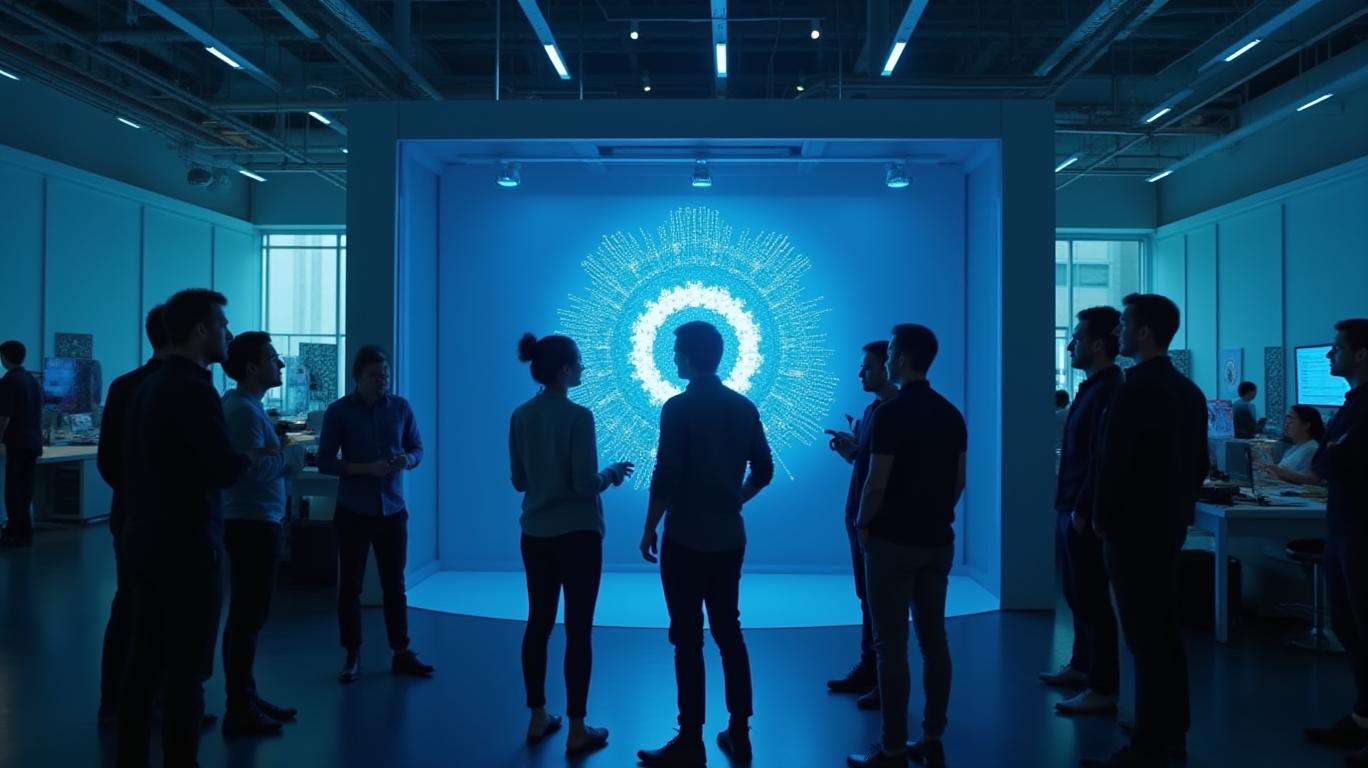OpenAI Unveils O3 Model: A New Era in AI Wars with Google's Gemini
OpenAI has unveiled its latest advancement in artificial intelligence: the o3 reasoning model. This release marks a significant leap from its predecessor, the o1 model, by introducing a family of models, including a smaller, task-optimized version named o3-mini. OpenAI President Greg Brockman heralded the o3 model as a breakthrough, showing substantial improvements on some of the most challenging benchmarks. The development aims to edge closer to achieving Artificial General Intelligence (AGI), with safety tests and red team exercises already underway.
During a live broadcast, OpenAI CEO Sam Altman described the o3 model as the dawn of a new era in AI. He emphasized its capabilities in accomplishing complex and reasoning-intensive tasks, highlighting its superior performance in programming and problem-solving domains. The introduction of o3 is set to directly compete with Google's latest model, Gemini 2.0 Flash Thinking, indicating a head-to-head rivalry in the cutting-edge AI landscape.
The o3 release comes amidst a rapidly evolving market where AI reasoning is becoming a focal point for innovation. OpenAI's strategic decision to skip the "o2" naming was influenced by potential trademark conflicts with a UK telecom provider, showcasing the company's careful brand management considerations.
OpenAI has faced slower product updates recently, prompting an internal strategic reassessment. The launch of o3 may well signify a pivotal step in overcoming these challenges, seeking to enhance product quality and user satisfaction amid intensifying competition. The organization is also exploring extensive application scenarios for its AI technology, with aspirations to impact sectors like education, healthcare, and finance positively.
The unveiling of o3 has ignited anticipation and speculation within the tech community regarding its capabilities and potential industry impacts. As OpenAI pushes the boundaries of reasoning technology, this advancement could represent a significant milestone in the broader AI development narrative.

Stay ahead with real-time Wall Street scoops.
Latest Articles
Stay ahead of the market.
Get curated U.S. market news, insights and key dates delivered to your inbox.

Comments
No comments yet